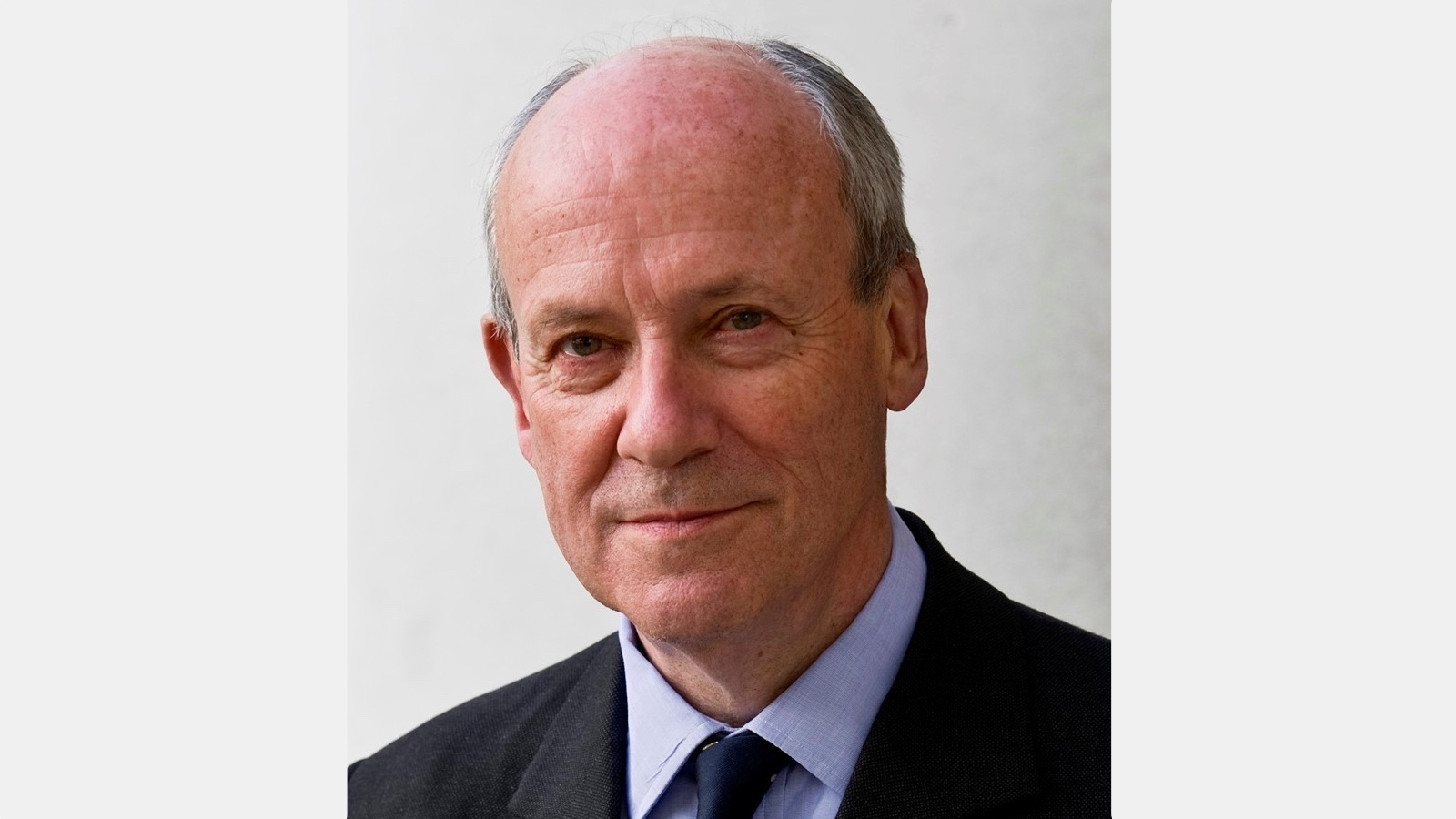Chancellor, it gives me great pleasure to introduce to you and to this congregation Sir Francis Richards. Sir Francis has been a distinguished public servant and has had appointments at the Foreign and Commonwealth Office, as Governor and Commander-in-Chief of Gibraltar and as Director of the Government Communications Headquarters (GCHQ). This short description says much about where the UK has been and also where it is going during this time of political and economic transition.
From an early age, Sir Francis was keen to join the Army but went to Eton and the University of Cambridge, before joining the Royal Green Jackets. The Royal Green Jackets, now merged into the Rifles, were used as shock troops and were often first into battle. Unfortunately, he was injured in a car crash only two years into his service and was medically discharged. Transitioning from the military to the diplomatic service, Sir Francis was still serving his country in the midst of a very hot Cold War. Seeking to become more worldly, he attended an Army School of Languages were he learned Russian, just at the time that Britain was expelling more than one hundred KGB agents. It is during this time that Sir Francis started a long involvement with the Cold War, entailing close association with the defence and intelligence communities.
In 1973, Sir Francis became a member of the British delegation to the Mutual Balanced Forces Reduction negotiations. At a time where the West and East were seeking to find a space for cooperation around security at the height of the Cold War, as the Helsinki Final Act would illustrate, he was part of a delegation that ensured that the United States lived up to its commitment to safeguard the Euro-Atlantic area. Following this, Sir Francis took up a role at the Foreign and Commonwealth Office, going on eventually to become Assistant Private Secretary for two Foreign Secretaries.
His further involvement with the Foreign Office continued with his posting to New Delhi as Economic and Commercial Counsellor and then eventually Head of the South Asian department, just at the time that the Soviet Union was withdrawing from Afghanistan. He was also Britain’s first High Commissioner to Namibia when it became independent in 1990, signalling an important event in the transition of southern Africa to majority rule.
Sir Francis became the Director of GCHQ during the first government of Tony Blair, from 1998 to 2003. According to the BBC, he referred to his time at GCHQ as ‘the best job I have ever had or ever expect to have.’ During this time, GCHQ supported military operations in the Former Yugoslavia, Afghanistan and Iraq, as well as Al Qaida.
Since then, Sir Francis continued to serve Her Majesty’s Government as Governor of Gibraltar before serving the British public in his role as Chairman of the Trustees at Bletchley Park and then the Imperial War Museum. Reflecting on his time in the military and the role of arts and culture in military leadership here at the University of Bath in May 2015, he stated that the roles of the arts and culture are fundamental to how we think ourselves as a nation and how we remember.
Sir Francis has served this country during a difficult period of history during the Cold War and at the beginning of the ‘War on Terror’. He has also worked with commercial companies to help develop approaches to the quickened pace of technological change in uncertain economic circumstances. Sir Francis’s work illustrates how knowing the past is fundamental to understanding where you are going.
Chancellor, I present to you Sir Francis Richards who is eminently worthy to receive the Degree of Doctor of Laws, honoris causa.
